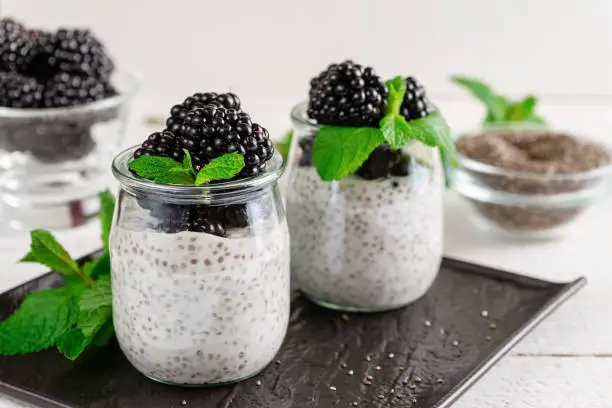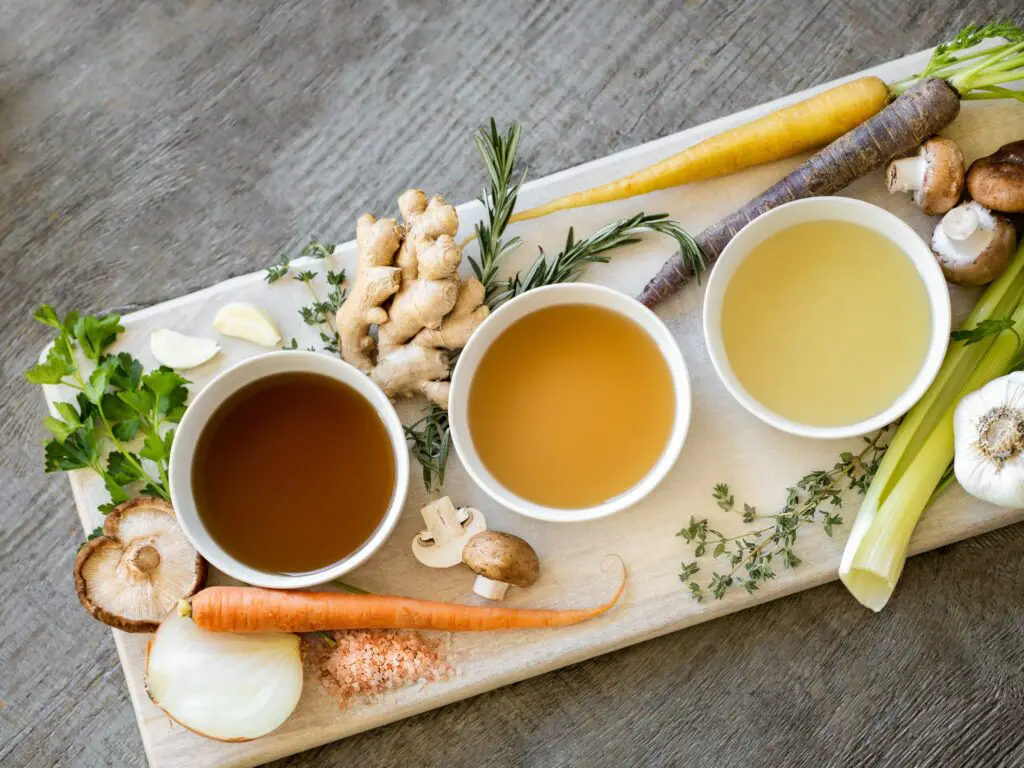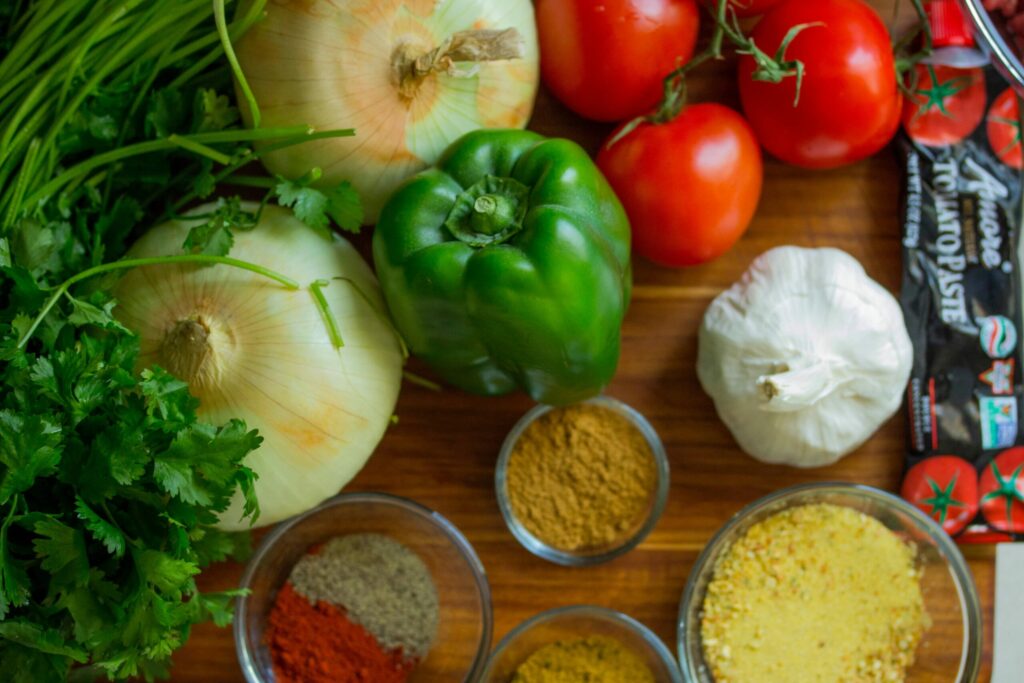18 Foods with Anti-Inflammatory Benefits
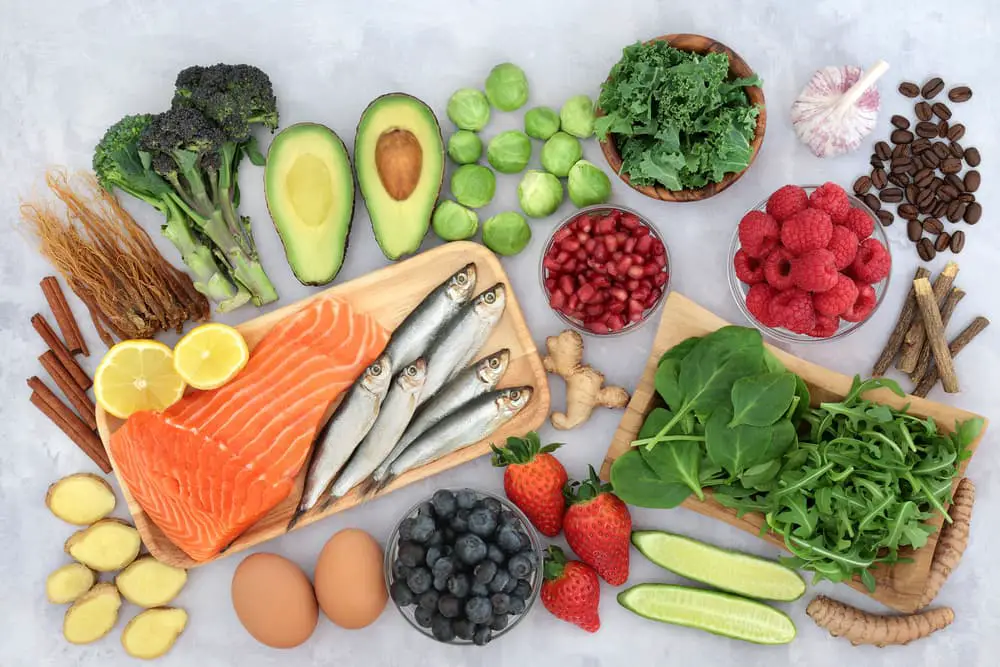
This article will explore the 18 foods with anti-inflammatory benefits that can help you stay healthy and reduce the risk of chronic diseases. Inflammation is a natural immune system response to protect our bodies from infections, injuries, and toxins. However, when inflammation persists for a long time, it can lead to chronic diseases like arthritis, diabetes, and heart disease. The good news is that certain foods can help reduce inflammation in our bodies.
What is Inflammation?
Inflammation is an essential part of the body’s immune response and plays a critical role in the healing process. It is a complex process that involves a series of molecular and cellular events that work together to protect the body from harmful invaders and repair damaged tissue. At the beginning of the inflammatory response, the body releases cytokines and chemokines, which are chemical messengers that attract immune cells to the site of injury or infection. These immune cells then release additional chemicals, such as reactive oxygen species, enzymes, and histamines, to destroy harmful invaders and remove damaged tissue.
While acute inflammation is a necessary part of the body’s healing process, chronic inflammation can have serious consequences for our health. Chronic inflammation can occur when the body’s immune response is continuously activated, even in the absence of injury or infection. This type of inflammation can lead to a range of health problems, including heart disease, diabetes, cancer, and arthritis.

Signs of Inflammation
When you experience acute inflammation, you may notice that the affected area becomes red and swollen and feels warm or hot to the touch. This is because the immune cells and chemicals that are released during the inflammatory response increase blood flow to the area, causing it to become more visibly red and swollen. Additionally, you may feel pain or discomfort in the affected area, which can be caused by the inflammation itself or by the underlying injury or infection that triggered the response. Finally, you may experience a loss of function in the affected area, such as difficulty moving a joint or impaired vision in one eye.
Chronic inflammation, on the other hand, may not have any visible symptoms at first. Over time, however, it can damage organs and tissues, which can contribute to the development of chronic diseases. For example, chronic inflammation in the arteries can cause plaque to build up and increase the risk of heart disease, while chronic inflammation in the joints can lead to arthritis. Other conditions that have been linked to chronic inflammation include diabetes, Alzheimer’s disease, and cancer.
Worst Foods for Inflammation
While many foods with anti-inflammatory benefits, several others can increase inflammation and contribute to chronic disease. One of the worst culprits is processed foods, which are often high in sugar, refined carbohydrates, and unhealthy fats. These foods can cause inflammation by promoting the growth of harmful bacteria in the gut, disrupting insulin and blood sugar levels, and increasing oxidative stress.
Another common offender is refined sugar, which is found in many processed foods and beverages. Sugar can cause inflammation by triggering the release of inflammatory molecules called cytokines and by increasing oxidative stress in the body. This can lead to a range of health problems, including diabetes, heart disease, and cancer.
Trans fats, which are found in many processed foods and baked goods, are also known to increase inflammation in the body. These fats can disrupt normal cell function and increase oxidative stress, leading to chronic inflammation and a range of health problems.
Excessive amounts of saturated fats, which are found in animal products like red meat and dairy, can also contribute to inflammation in some people. While these fats are an important part of a balanced diet, consuming too much can increase inflammation and contribute to chronic disease.
Related: What is A Typical Anti-Inflammatory Diet?
18 Foods With Anti-inflammatory Benefits
- Berries: Berries like blueberries, strawberries, raspberries, and blackberries are rich in antioxidants that help reduce inflammation.
- Fatty Fish: Fatty fish like salmon, mackerel, and sardines are rich in omega-3 fatty acids, which have anti-inflammatory properties.
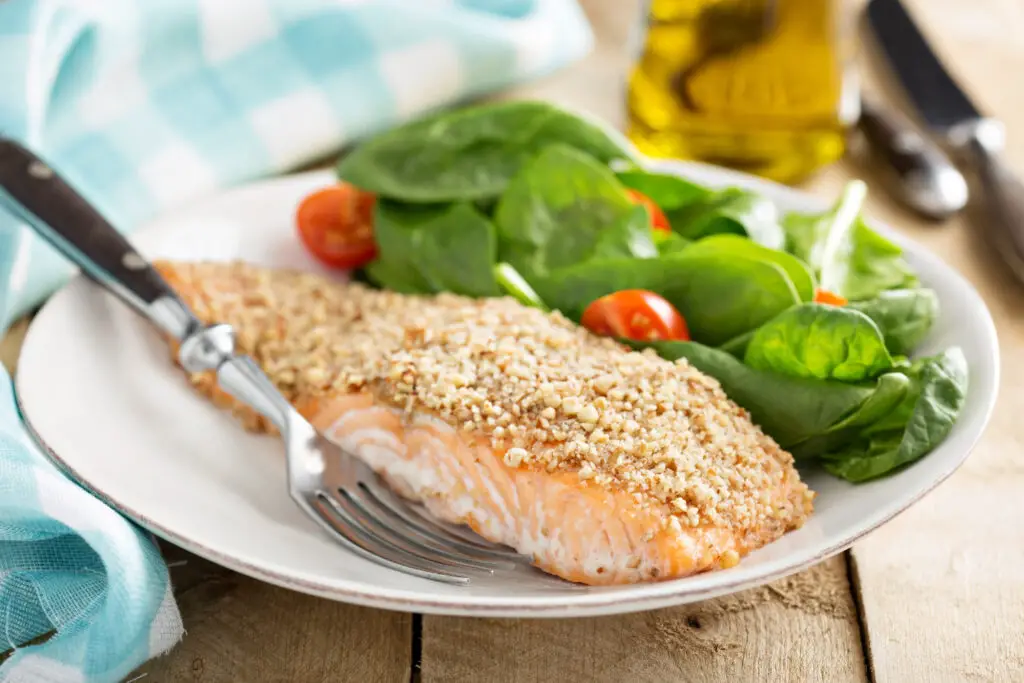
- Turmeric: Turmeric is a spice that contains curcumin, a compound with potent anti-inflammatory effects.
- Leafy Greens: Leafy greens like spinach, kale, and collard are rich in antioxidants and anti-inflammatory compounds.
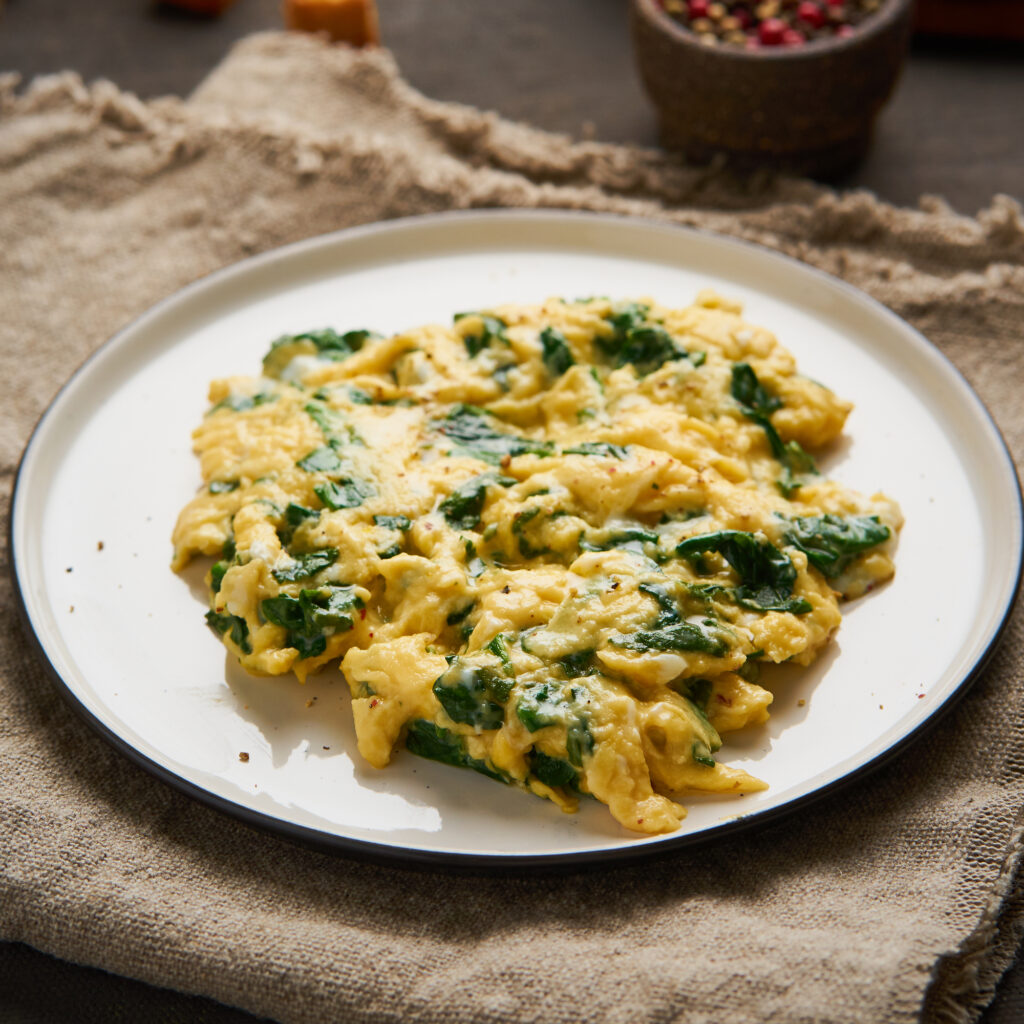
- Nuts: Almonds, walnuts, and pistachios are rich in healthy fats, fiber, and antioxidants that help reduce inflammation.
- Tomatoes: Tomatoes are rich in lycopene, an antioxidant with anti-inflammatory properties.
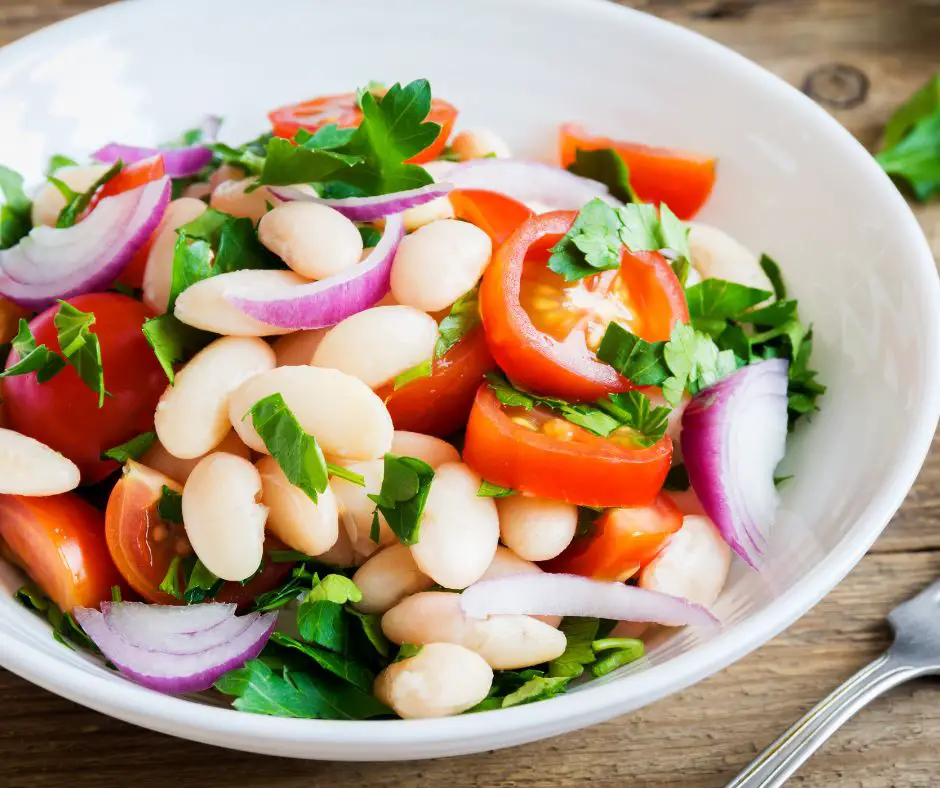
- Olive Oil: Olive oil is rich in healthy fats and polyphenols that have anti-inflammatory effects.
- Green Tea: Green tea contains polyphenols that have anti-inflammatory effects.
- Garlic: Garlic contains sulfur compounds that have anti-inflammatory effects.
- Ginger: Ginger contains gingerols, which have anti-inflammatory properties.
- Cherries: Cherries contain anthocyanins, which have anti-inflammatory properties.
- Broccoli: Broccoli contains sulforaphane, a compound with anti-inflammatory properties.
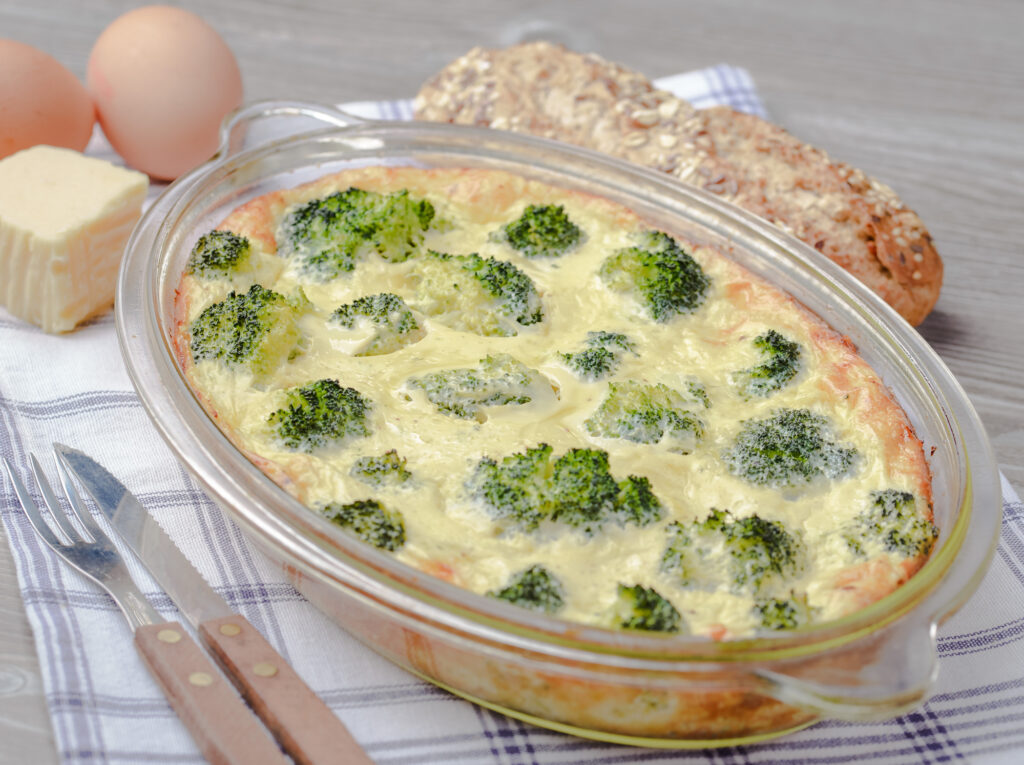
- Grapes: Grapes are rich in resveratrol, a compound with anti-inflammatory properties.
- Avocado: Avocado is rich in healthy fats and antioxidants that help reduce inflammation.
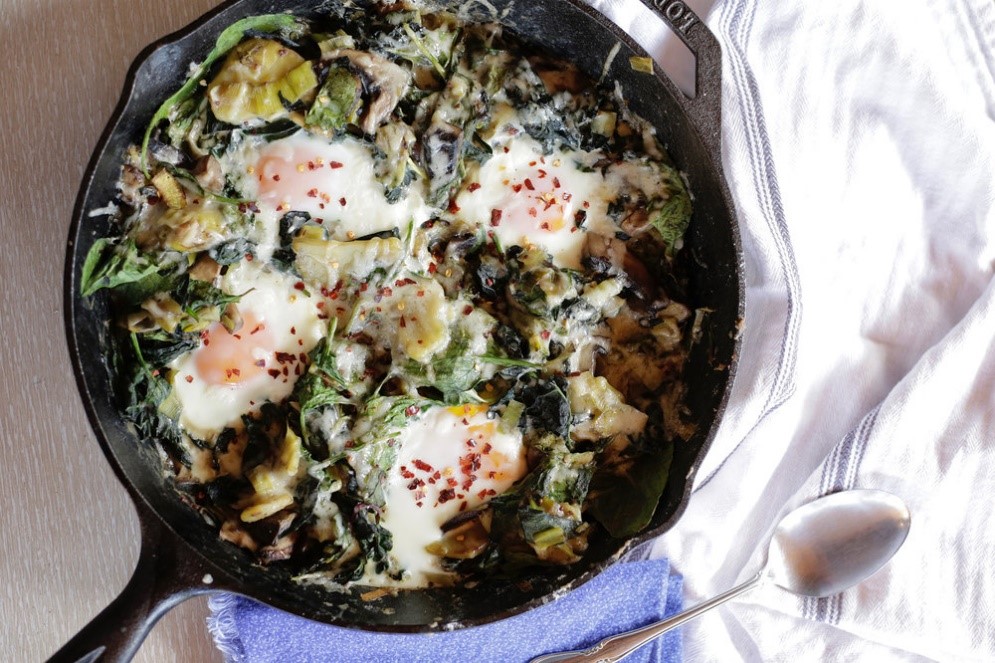
- Sweet Potato: Sweet potatoes are rich in fiber, vitamins, and antioxidants that have anti-inflammatory effects.
- Mushrooms: Mushrooms contain beta-glucans, which have anti-inflammatory properties.
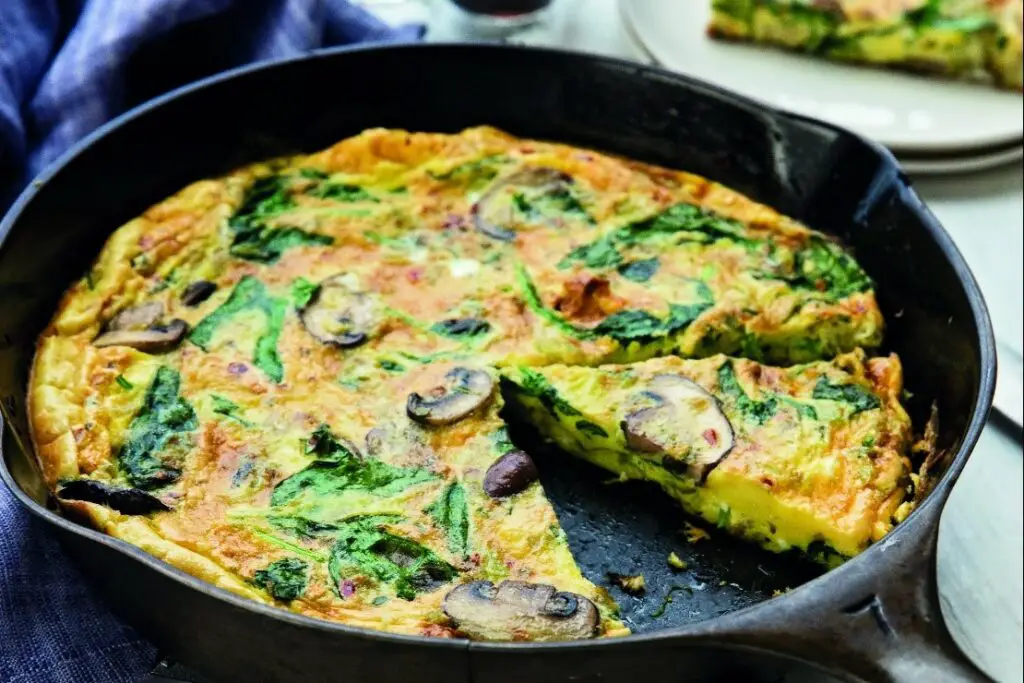
- Cinnamon: Cinnamon contains cinnamaldehyde, a compound with anti-inflammatory properties.
- Dark Chocolate: Dark chocolate is rich in flavonoids, which have anti-inflammatory effects.
Conclusion
Incorporating these 18 foods with anti-inflammatory benefits into your diet can help reduce inflammation and lower the risk of chronic diseases. It’s best to avoid foods that increase inflammation, such as processed foods, refined sugars, and excessive amounts of saturated and trans fats. Remember that a healthy diet and lifestyle are key to reducing inflammation and maintaining overall health. In addition to eating anti-inflammatory foods, it’s important to exercise regularly, manage stress levels, and get enough sleep.
It’s also worth noting that everyone’s body is different, and what works for one person may not work for another. It’s always a good idea to consult with a healthcare professional or registered dietitian before making significant changes to your diet.
By choosing a variety of foods with anti-inflammatory benefits, like whole foods, and avoiding inflammatory processed foods, you can support your body’s natural defense system and reduce the risk of chronic diseases. So enjoy some delicious berries, fatty fish, and leafy greens today!

Me encanta cocinar y escribir, tengo un Certificado de Nutrición de Inicio y un diploma de Nutrición Completa acreditado por CTAA y una Certificación de Entrenador de Salud de Nutrición Keto. Creo firmemente que comer sano es la clave para vivir una mejor calidad de vida. He tomado un curso de Terapia Nutricional que me ha dado las bases para comer saludablemente.

